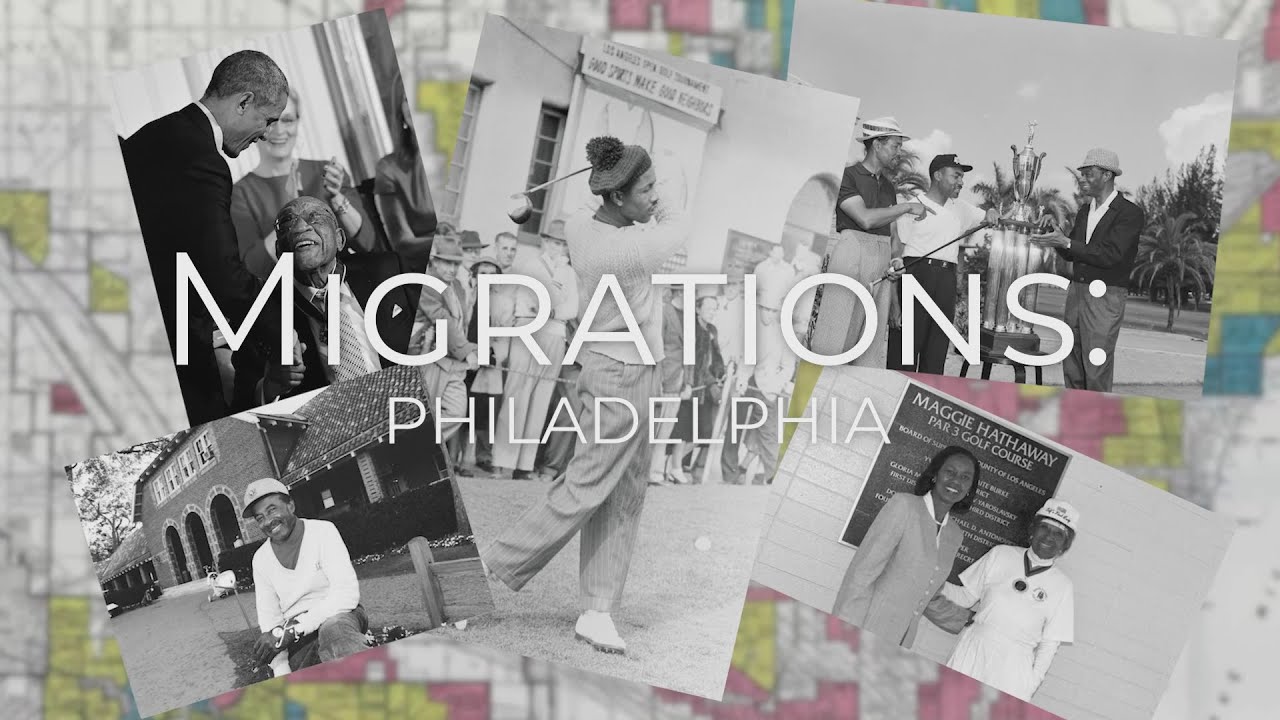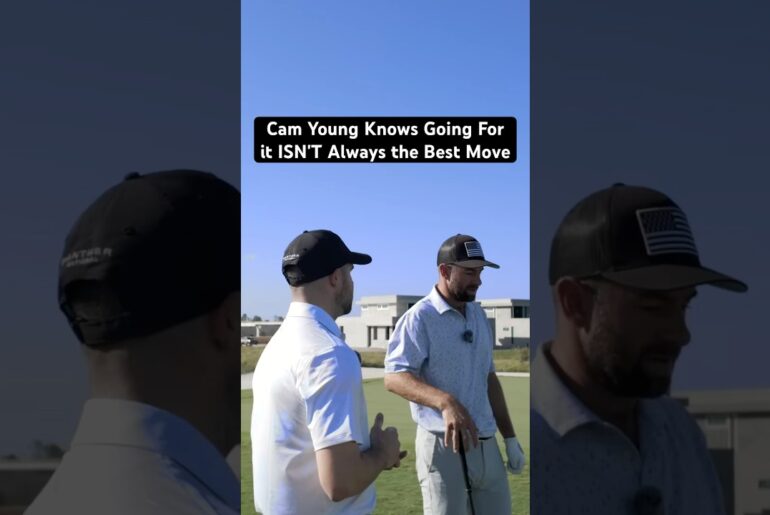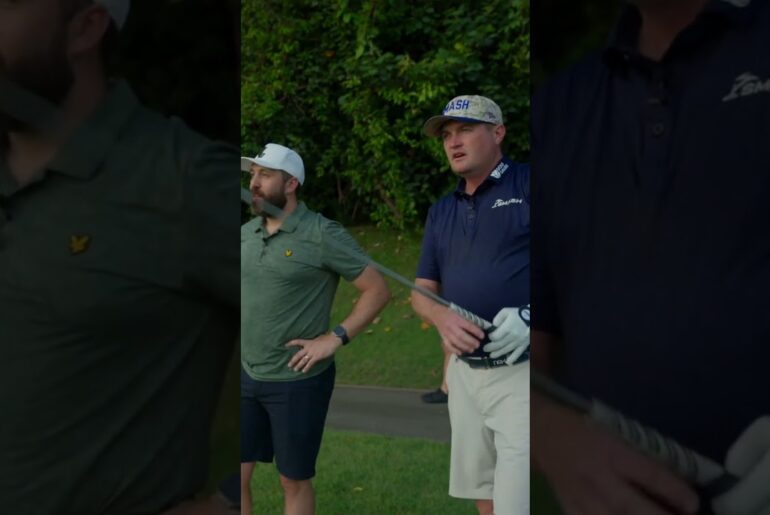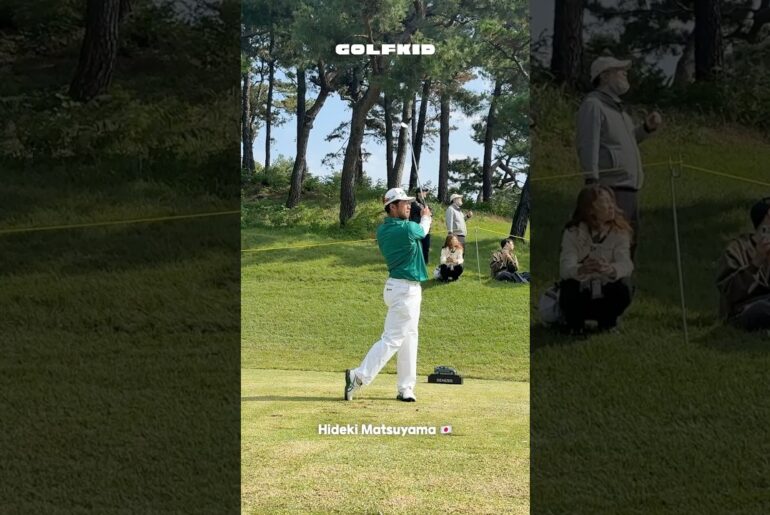Between 1910 and 1970, nearly seven million Black Americans fled the Jim Crow South. The so-called Great Migration was the largest mass exodus in U.S. history.
As these migrants moved to the urban areas of the Northeast, Midwest and West Coast, they were met with new social hurdles. They were often forced to live in specific parts of the cities due to “redlining,” the discriminatory practice of denying financial services based on race or ethnicity.
The devalued real estate in the redlined areas was often used for municipal golf courses, which became cultural battlegrounds for courageous pioneers like Charlie Sifford in Philadelphia, Bobby Anderson and Ted Rhodes in Chicago, Ben Davis in Detroit and Maggie Hathaway in Los Angeles.
Fire Pit Productions spent two years going to these cities to interview Black Americans, many of whom were part of the Great Migration. After John Nichols and his team combed through 30 hours of footage and interviews, a clear picture emerges of these vibrant communities and the golfers who helped get us to where we are today.
This is the story of Philadelphia, Cobbs Creek and Charlie Sifford.
between 1910 and 1970 over 6 million African-Americans fled the Jim Crow South in hopes of escaping racial violence and pursuing Prosperity altering the demographic of many Urban cities today as well as creating tightened golf communities who fought for the integration of golf this is the story of Philadelphia [Music] the Jim Crow South had no room for black folks with dreams aspirations or a sense of Pride existing with the expectation of Justice or being treated like a human was nearly criminal and sometimes punishable by death so in 1939 in North Carolina when a white drunken store owner assaulted a black teenager who defended himself and his Humanity by breaking a bottle across the St owner’s face the young teen knew the only way to guarantee his safety was to leave his home and the people he loved most following the hordes of black folks across the Mason Dixon line who also aspired for a better life that young man was Charlie cord the Jackie Robinson of golf and the first black man to get his PGA car in the first couple weeks of Charlie cord’s in Philadelphia he sees the black man getting on the bus with golf clubs and he says where are you going and he says I’m going to cobs Creek and Charlie says can I go with you he says sure so so he gets on the bus he doesn’t have any golf clubs and he comes down to cobs Creek and he walks around 18 holes with this guy and he can’t believe that there’s a golf course that he can actually play in fact cobs Creek is one of seven golf courses in the black Golf Hall of Fame built in 1916 it was one of the few public courses in the country open to black folks in the early 20th century most black golfers played at cops creep cuz that was the toughest historic golf course and back in the day that’s the only golf course that blacks could play on CH was an excellent golfer I mean one of the best but he had a lot of competition up here the thing that made cops Creek Special was the competition when you went to Cops Creek you always had a game Cops Creek it was a comfort zone for me it was exciting I learned a lot I learned certain shots but I also learned how to carry myself in the golf course because it was demanded after closing due to dis repair in 2019 golfers historians and local community members who understood its importance United to bring cobs Creek back to life the city of Philadelphia called it a stranded asset they really didn’t know what to do with it you know they didn’t have the funds to maintain it or restore it so we went out and we started raising private money for the golf course and we’ve been raising money for the last 3 years or so and we’re getting closer to our goal we still have a lot of work to do and we’re going to build the education center right over here and then we’re have a short course behind it we’ll have three or four small pitching wedge type holes for kids to play on beginners and learn the game it’s about the restoration of a historical Golf Course right bringing golf back to a community that has this golf course that’s just been a discarded asset it’s been closed for years it’s been festering so I that would be part one part two would be the construction of this education and Community engagement Center that’s going to offer free academic programming free social emotional programming free golf lessons to the Youth of the area so I would say that’s where my heart is and what I’m most passionate about Charlie cord story I feel like it’s a story that hasn’t been told what he represents to the game of golf in the African-American Community I think is just unbelievable the fact that he called cops Creek his home is sort of one of the reasons why we have to bring this golf course back and celebrate that history aspirations became manifest at cops free it’s more than a golf course it’s where Legends Begin cph was inducted into the World Golf Hall of Fame in [Applause] 2004 cobs Creek Golf Course continues to stand as a monument to equality in sports reborn through the dedication of the community it served







